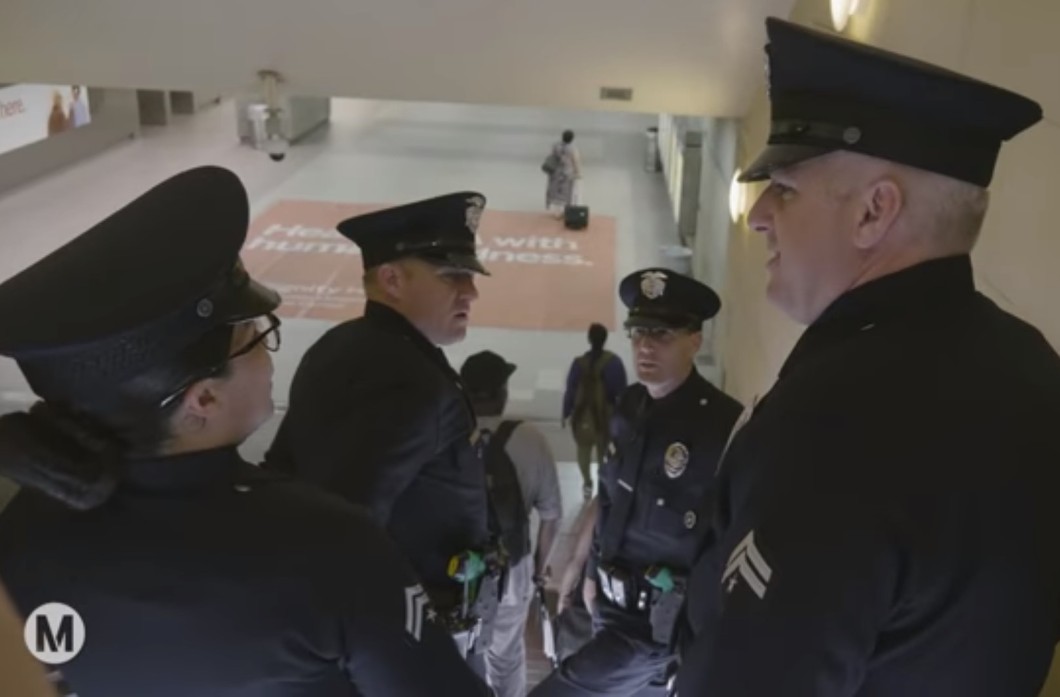Do the people who make transportation funding decisions in your region represent the people who actually live in your region?

After sitting through dozens of meetings presided over by a legion of white men, Texas transportation reformer Jay Crossley wanted to find out. He recently released the first phase of a report on the Austin region's Capital Area Metropolitan Planning Organization, examining how representative its decision-making boards are in terms of gender, race, and geography [PDF]. (Disclosure: The report was crowdfunded and some Streetsblog staff contributed.)
Crossley found that women, people of color, and urban residents are significantly underrepresented at CAMPO -- with potentially profound consequences for transportation policy.
Here's a visualization of how people of color are underrepresented on CAMPO's most important decision-making bodies -- the Technical Advisory Council and Transportation Policy Board -- relative to "the people of CAMPO" (i.e. resident of the entire region):
Given the unequal outcomes of the current transportation system (black Americans, for instance, are disproportionately more likely to be killed while walking), the skewed representation could affect transportation policy in important ways. Crossley intends to explore that question further in upcoming phases of the study.
Women, meanwhile, hold just 33 percent of seats on the TAC and 30 percent on the TPB. The under-representation of women could affect policy decisions in a number of ways, Crossley writes. In the Houston region, for example, surveys have found that women value safety and pedestrian access more than men.
CAMPO also drastically underrepresents urban residents. While about 57 percent of the metro region lives in Travis County (which contains the city of Austin), representatives from the county account for just 40 percent of TPB and 32 percent of the TAC.
Crossley reports that Travis County has just one representative on the TAC for every 107,000 people. Outlying counties average one representative per 46,000 people. Put another way, a single Travis County resident has only about 43 percent of the representation on the TAC as people living in the surrounding counties.
This kind of underrepresentation of urban areas can have profoundly negative effects -- fueling road widening and sprawl at the expense of better transit and safer walking and biking.
Ironically, the popular conception within CAMPO is that suburban interests aren't getting a fair shake. In fact, the agency is currently considering proposals to reapportion seats away from Travis County. As you can see in Crossley's analysis of the proposals below, they would make an already egregious problem even worse. ("One person, one vote" is a hypothetical scenario that the agency is not currently considering.)









